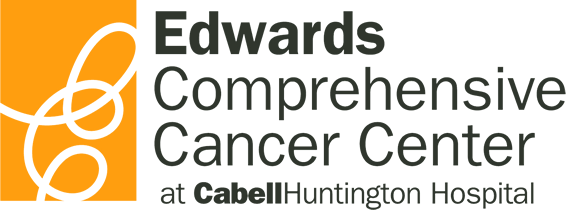Urologic Procedures Using the da Vinci Surgical System

Your urinary tract
Urologic issues are those affecting your urinary tract and reproductive/sexual organs.When medicine, lifestyle changes and other non-surgical treatments do not ease your urologic symptoms, your doctor may recommend surgery. Common urologic conditions that may require surgery include:
- Prostate cancer
- Bladder cancer
- Kidney cancer and kidney disease
If you are facing surgery, your doctor may suggest either open surgery or minimally invasive surgery, such as traditional laparoscopy and da Vinci® surgery. Using the da Vinci Surgical System, surgeons operate through a few small incisions instead of a large open incision, an approach that is similar to traditional laparoscopy. The da Vinci System features a magnified 3D high-definition vision system and special wristed instruments that bend and rotate far greater than the human wrist. da Vinci enables your doctor to operate with enhanced vision, precision, dexterity and control.
Prostatectomy

Comparison of prostatectomy incisions
If you have been diagnosed with prostate cancer and are considering surgery, ask your doctor if you are a candidate for a da Vinci® prostatectomy. The da Vinci Surgical System is used in 4 out of 5 radical prostatectomies in the United States. A da Vinci prostatectomy offers many potential benefits when compared to traditional open surgery, including:
- More precise removal of cancerous tissue
- Faster return of erectile (sexual) function
- Fewer days with a catheter
- Better chance for return of urinary continence
- Less blood loss or need for a blood transfusion
- Less pain
- Lower risk of complications
- Faster recovery and return to normal activities
Questionnaire: Are you a candidate?
Cystectomy

Choosing da Vinci surgery may enable you to return to normal activities more quickly
If you've been diagnosed with bladder cancer, and your doctor recommends surgery to remove all or part of your bladder (known as a cystectomy), ask if you are a candidate for a da Vinci® cystectomy. A da Vinci cystectomy offers the following potential benefits compared to traditional open surgery:
- Lower risk of major complications, including death
- Less blood loss and lower rate of blood transfusions
- Less need for narcotic pain medicine
- Quicker return to a normal diet
- Shorter hospital stay
- Quicker recovery of bowel function
- Minimal scarring
Pyeloplasty
If a doctor diagnoses you or a loved one with a urinary obstruction, a surgical procedure called pyeloplasty may be recommended to remove the blockage. The surgeon removes the blockage in the urinary system and reattaches the healthy part of the kidney to the healthy part of the ureter, the tube that carries urine from the kidneys to the bladder. If surgery is recommended, ask your doctor if you are a candidate for a da Vinci® pyeloplasty. A da Vinci pyeloplasty offers the following potential benefits compared to traditional open surgery:
- Shorter hospital stay
- Less need for narcotic pain medicine
- Less blood loss
- Shorter total operating time
- Shorter hospital stay
- Faster return to normal activities
Partial Nephrectomy
If your doctor recommends surgery for a kidney disease such as kidney cancer, ask if you are a candidate for a da Vinci® partial nephrectomy, also known as kidney-sparing surgery. Depending on your disease state and tumor location, you may not have to lose your entire kidney to surgery. This surgical technique is called a partial nephrectomy, or kidney-sparing surgery. The goal of a partial nephrectomy is to remove only the diseased part of your kidney, sparing the healthy, functioning kidney tissue, which may help you avoid problems after surgery. Studies show that patients who undergo a kidney-sparing partial nephrectomy are less likely to suffer from chronic kidney disease after surgery or need dialysis compared to patients who have an entire kidney removed. A da Vinci partial nephrectomy offers the following potential benefits:
- Precise tumor removal and kidney reconstruction
- Excellent chance of preserving the kidney, where indicated
- Low rate of operative complications
- Shorter operation
- Short hospital stay
